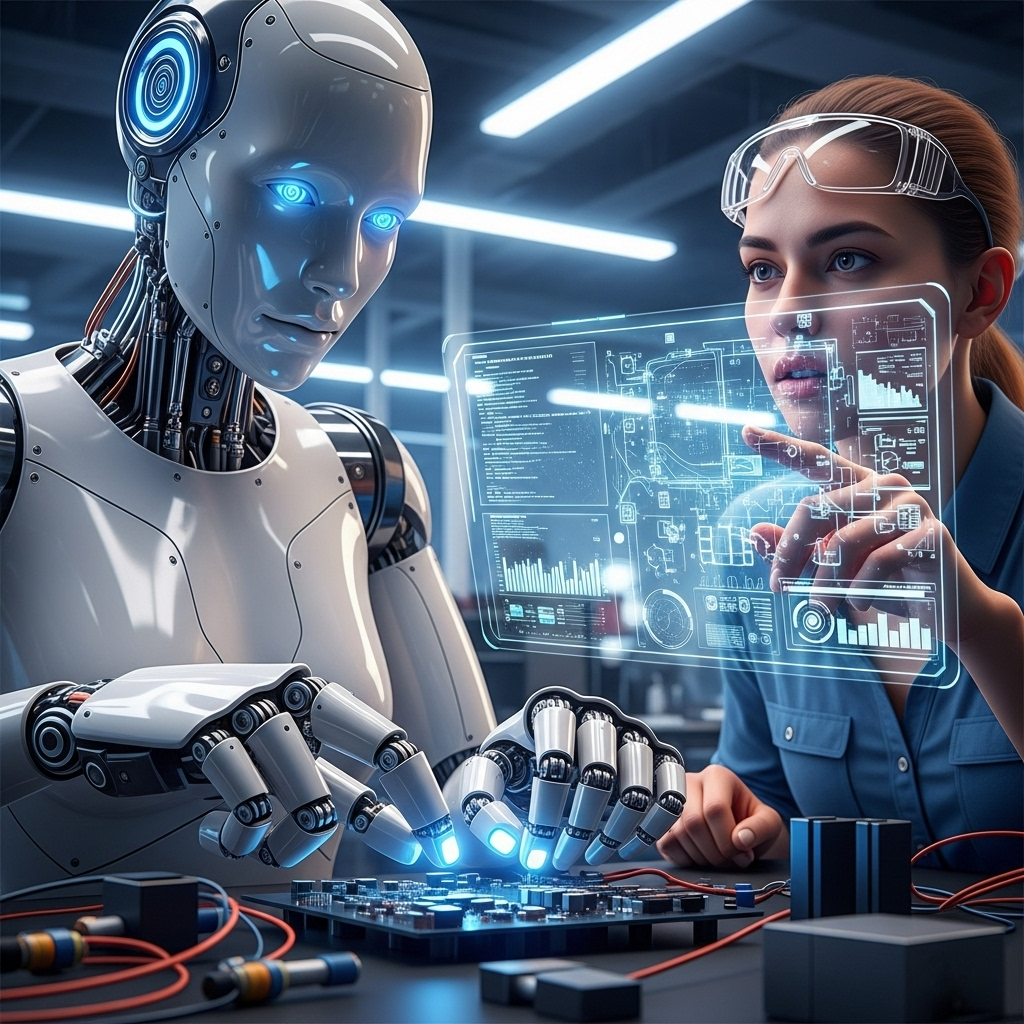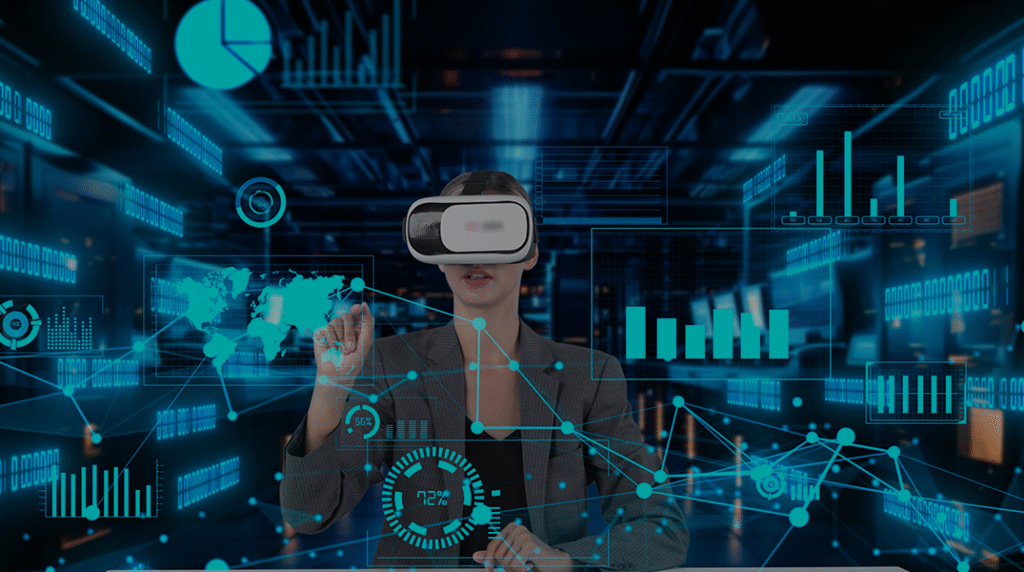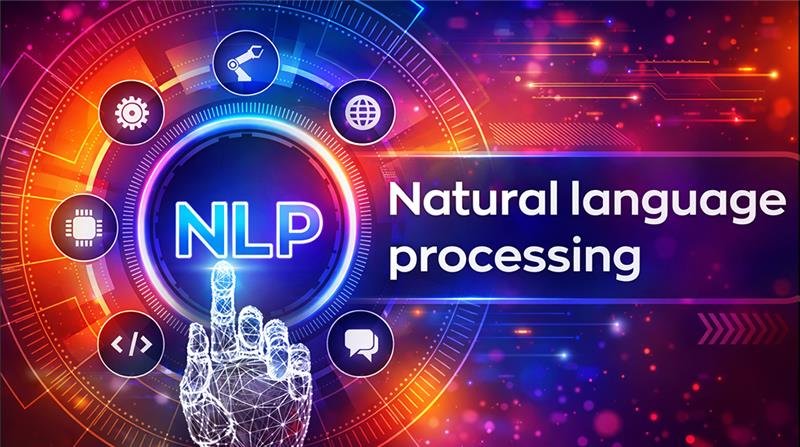Generative AI has become one of the most famous technologies in recent years. It ranges from writing human-like text to creating images, music, and even 3D designs. It is transforming the way we work. It influences how we create and innovate. Yet, what we see today is only the beginning. The next era of Generative AI will be smarter, faster, and more integrated into our lives than ever before.
So, what does the future hold? Let’s explore the key trends and expectations.
1. Smarter and More Context-Aware AI
Today’s AI tools are impressive, but they still have limits. Sometimes they miss the context, make factual errors, or struggle with complex reasoning. The future will bring smarter, multimodal models that can handle text, audio, video, and even 3D content at once.
For example, imagine asking AI to summarize a business report. It can create a chart and generate a video explainer. Also, it can write code for a dashboard, all in one session. This level of context awareness will make AI a powerful assistant across industries.
2. Hyper-Personalization
Generative AI is moving towards personalized experiences. Instead of generic results, it will deliver tailored outputs based on individual needs.
- In healthcare, AI could design treatment plans or diet charts unique to each patient.
- In education, students may have AI tutors that adjust lessons to their learning style.
- In marketing, businesses could create campaigns that feel custom-made for every customer.
This shift will make the Artificial Intelligence Service feel less like a tool and more like a personal partner.
3. AI-Powered Creativity
AI isn’t just about saving time; it’s also about boosting creativity. Already, tools are helping writers, designers, and musicians explore new ideas. In the future, AI will become a true co-creator.
- Artists could use AI for fresh design ideas.
- Game developers might generate lifelike worlds in hours instead of months.
- Musicians could experiment with new sounds using AI-generated suggestions.
Instead of replacing creativity, AI will act as an inspiration engine, giving people more room to innovate.
4. Integration with the Physical World
Right now, AI mostly lives in the digital space. But soon, it will connect more deeply with the physical world.
- Factories could use AI to design and produce prototypes.
- Smart homes might suggest new layouts or décor ideas.
- Healthcare could see AI-driven prosthetics, implants, and even lab-grown organs.
By bridging digital imagination and real-world creation, AI will change how we build, live, and heal. If you are looking for an Artificial Intelligence Development Company, then Team of Keys is the right place for you.
5. Ethical and Social Challenges
With all these advancements come serious challenges. The rise of generative AI raises concerns about ethics, safety, and fairness.
- Misinformation: Deepfakes and fake content could spread quickly.
- Copyright issues: Who owns AI-generated art or music?
- Bias: If AI is trained on biased data, it may produce unfair results.
To move forward responsibly, governments and companies will need clear rules and strong governance. Building trust will be just as important as building technology.
6. Democratization of Innovation
Generative AI is also breaking barriers. Skills once limited to experts, like coding, video editing, or design, are now accessible to anyone.
This means:
- Startups can compete with big companies.
- Small businesses can launch professional websites or marketing campaigns without large budgets.
- Individuals with ideas can build prototypes and test them quickly.
AI is leveling the playing field, giving more people the chance to innovate and succeed.
7. Moving Toward AGI
Many experts see Generative AI as a step toward Artificial General Intelligence (AGI). AGI refers to machines that can think, learn, and reason like humans. While AGI is not here yet, progress is pointing in that direction.
Future systems may combine reasoning, memory, creativity, and adaptability in ways that feel very close to human intelligence. This could reshape society and spark debates about the role of humans in an AI-driven world.
Conclusion
The future of generative AI is full of promise. Smarter systems, personalized experiences, creative co-innovation, and integration with the physical world will transform how we live and work. At the same time, ethical challenges must be addressed to ensure AI benefits everyone.











